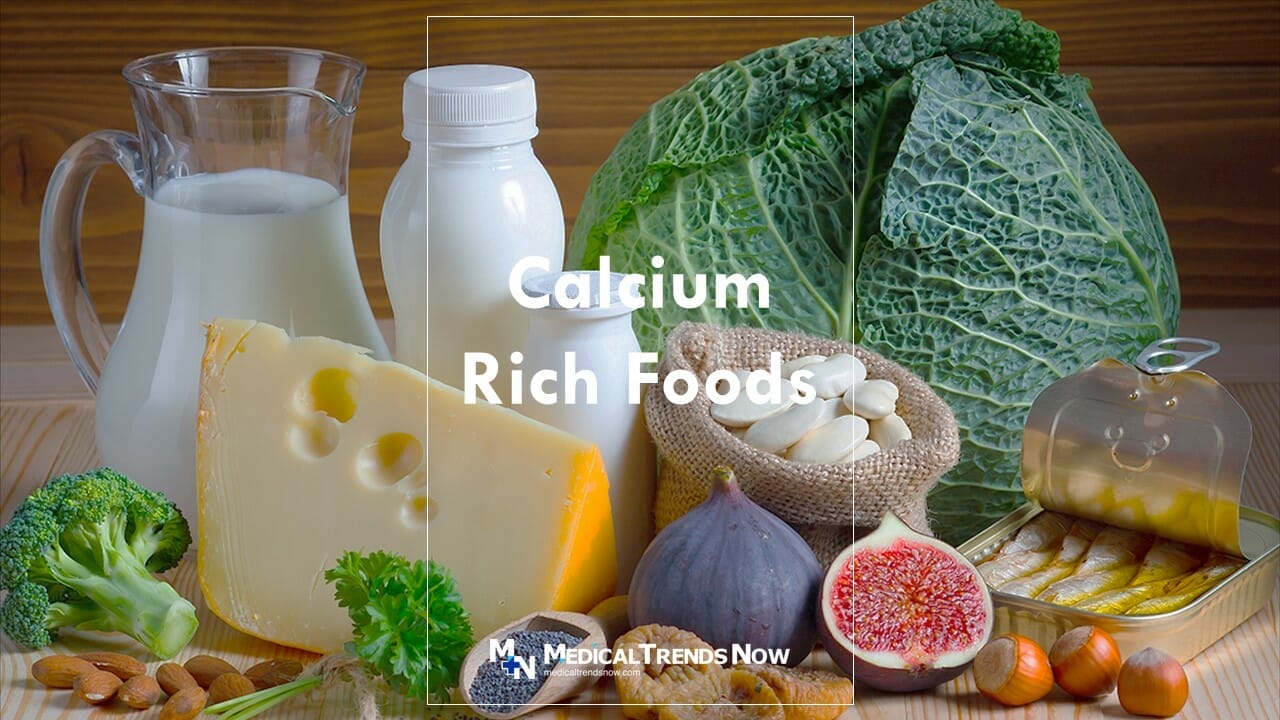Table of Contents
Good nutrition is essential to a healthy lifestyle, and calcium is an important mineral that should not be overlooked. Calcium has many benefits and is essential for strong bones and teeth and muscle and heart health. Ensuring you are consuming enough calcium-rich foods in your daily diet is important to reap this mineral’s benefits. This article will discuss the different types of calcium-rich foods available and how to add them to your diet.
Sources of Calcium-Rich Foods
Calcium is an important mineral for healthy bones and teeth. It is also important for muscle contraction and nerve function. In this article, we will discuss foods that are rich in calcium.
Dairy Products
Dairy products are some of the most nutrient-dense foods available, containing protein, calcium, phosphorus, and vitamins A, D, and B12. All of these nutrients are essential for optimal health and growth, making dairy products an important part of any healthy diet. Calcium is especially important for bone health and for preventing osteoporosis. One of the best ways to get enough calcium is to make sure you include dairy products in your diet. Dairy products such as milk, yogurt, and cheese are all excellent sources of calcium. Milk is particularly rich in calcium, providing more than 300 milligrams per cup. Yogurt is another great source of calcium, with up to 400 milligrams per cup. Cheese is also an excellent source of calcium, and just one ounce can contain up to 200 milligrams of calcium. Incorporating dairy products into your diet does not have to be difficult. You can start off by having a glass of milk with breakfast or adding yogurt to your morning smoothie or oatmeal. You can add cheese to salads or sandwiches or grate it over vegetables and soups. As an added bonus, dairy products can be delicious and enjoyable to eat!
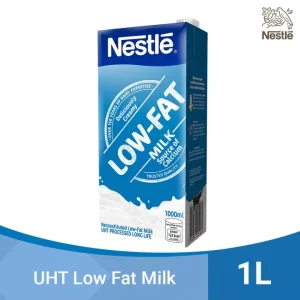
Seeds
Seeds are a great way to add calcium to your diet. Many people don’t realize that seeds are actually quite rich in calcium and other essential minerals. They are an easy, convenient, and affordable way to boost your calcium intake. For example, sesame seeds contain a whopping 351 milligrams of calcium per 100 grams. Pumpkin seeds, sunflower seeds, and flaxseeds are also good sources of calcium. Additionally, chia seeds and hemp seeds contain high amounts of calcium as well. To add more calcium to your diet, try sprinkling some of these seeds on salads or using them as a topping for yogurt or oatmeal. You can also mix them into smoothies or into the batter for pancakes or muffins. Adding these seeds to your diet can help you meet your daily calcium needs and ensure that your body has enough of this important mineral for strong bones and teeth.
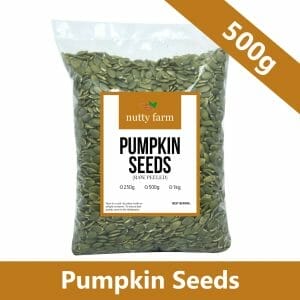
Beans and lentils
Beans and lentils are an often overlooked source of calcium that can easily be added to your diet. They are nutrient-dense, containing a variety of vitamins and minerals, including calcium. One cup of cooked beans or lentils will give you between 10-20% of your daily calcium needs! Not only are beans and lentils full of calcium, but they are also high in protein, fiber, and iron. Adding these healthy foods to your diet is essential for building strong bones and keeping your body healthy. To incorporate beans and lentils into your diet, try adding them to salads, soups, wraps, casseroles, and more. You can also make a delicious dip by blending black beans with avocado, garlic, and lime juice for a protein-packed snack. With so many ways to add them to your meals, there’s no reason not to make beans and lentils a regular part of your diet. Start taking advantage of their nutrient-rich benefits today!
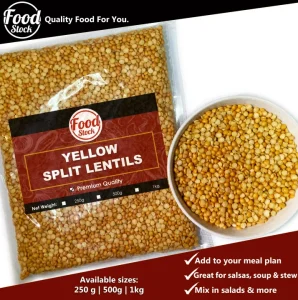
Whey protein
Whey protein is an incredibly versatile and nutritious food that is rich in calcium, a vital mineral for overall health. It can be easily added to any diet as a convenient source of this essential nutrient. Whey protein is a by-product of cheese production and provides an excellent source of high-quality protein. It is also low in fat and lactose, making it suitable for those with dairy allergies. In addition to its calcium content, whey protein also contains valuable amounts of amino acids, B vitamins, and other minerals like magnesium and phosphorus. Adding whey protein to your diet is a great way to boost your calcium intake and enhance your nutrition. You can incorporate whey protein into your meals in several ways: adding it to smoothies, using it as an ingredient in baked goods, or blending it into oatmeal or yogurt. With so many options, you can find a way to add this nutrient-rich food to your diet easily and conveniently.

Almonds
Almonds are a delicious and nutritious food that can be a great addition to any diet. Not only are they high in protein, but they also contain essential vitamins and minerals, including calcium. Calcium is important for strong bones and teeth, as well as helping to regulate blood pressure, prevent heart disease, and lower the risk of stroke. Adding almonds to your diet is a great way to get your daily dose of calcium, as one ounce of almonds contains 8% of the recommended daily amount. They can be eaten raw, roasted, or in nut butter form. Try adding them to salads, yogurt, or oatmeal for a crunchy and flavorful addition to your meal. Additionally, almond milk is a great source of calcium and can be added to smoothies or used as a dairy-free alternative in baking. With so many ways to incorporate almonds into your diet, it’s easy to ensure you’re getting adequate calcium every day!
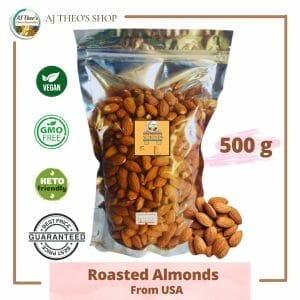
Figs
Figs are an incredibly nutritious food packed with a variety of essential vitamins and minerals. Not only are they rich in calcium, but they also contain magnesium, iron, potassium, and zinc. Figs can be eaten fresh, dried, or in preserves. They can be added to salads, smoothies, or baked goods. For a quick and easy snack, dried figs can be enjoyed as is or with nut butter. For additional nutrition, figs can also be incorporated into savory dishes such as pasta and pizzas. Adding figs to your diet is beneficial as they provide vitamins and minerals that aid overall health. Calcium is essential for strong bones and teeth, as well as for muscle contraction and nerve transmission. Additionally, magnesium helps reduce stress and regulate blood pressure, while iron helps form healthy red blood cells. Furthermore, potassium helps maintain fluid balance, and zinc helps support the immune system. Eating figs regularly can provide you with a range of health benefits that can help you feel your best!
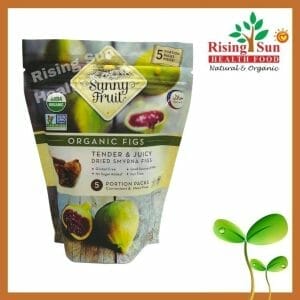
Sardines
Sardines are an often-overlooked food that is incredibly rich in calcium. With 150 milligrams of calcium per 3.75 ounces, they’re a great way to get your daily recommended dose of calcium. Not only are sardines packed with calcium, but they are also rich in other essential minerals, like iron and zinc. Additionally, they contain healthy fats, proteins, and omega-3 fatty acids. Adding sardines to your diet is easy; they can be eaten fresh, canned, or smoked. If you prefer fresh sardines, they can be cooked in a variety of ways, such as grilling, baking, or pan-frying. Canning them is also a great option, making them shelf-stable for several months. Smoked sardines are often served as an appetizer or as a topping for salads and pasta dishes. Whatever way you choose to eat them, sardines are a nutritious and delicious addition to any diet. So if you’re looking for an easy way to get more calcium in your diet and enjoy some delicious seafood, try adding some sardines to your plate today!

Oranges
Oranges are a delicious and nutritious snack that can be enjoyed all year round. Rich in calcium, oranges provide numerous health benefits and can be an important part of your diet. Calcium is essential for strong bones, healthy muscle function, and cardiovascular health. Eating oranges can help you meet your daily calcium requirements, as one medium orange contains approximately 50 milligrams of calcium. To add oranges to your diet, consider swapping out snacks for a piece of fresh fruit, like an orange. Alternatively, you can use orange juice as a healthy alternative to sugary drinks or mix it into smoothies. Oranges can also be added to salads or used as a topping for yogurt and oatmeal for added flavor and nutrition. With so many different ways to enjoy oranges, there’s no excuse not to give them a try!

Tuna Fish
Tuna fish is a nutritious and delicious food that is rich in calcium, a vital mineral for our health. Tuna is a lean source of protein, low in fat and calories, and a great addition to any meal. Additionally, tuna is an excellent source of omega-3 fatty acids, which are beneficial for cardiovascular health. Eating tuna can help you to meet your daily calcium needs, as it contains around 13% of your daily recommended value per serving. There are many ways to add tuna to your diet. You can enjoy it in salads, sandwiches, or as a main dish. Canned tuna is a convenient option that is available in a variety of canned and textures. You can also try grilling, baking, or poaching fresh tuna for a more flavorful meal. Adding tuna to your diet is an easy way to boost your calcium intake and enjoy a nutritious meal!
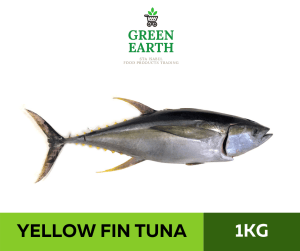
Eggs
Eggs are one of the most nutrient-dense foods available, packed with essential vitamins and minerals. They are especially rich in calcium, a mineral that is essential for strong bones and teeth, muscle contraction, nerve function, and more. Getting enough calcium in your diet is important, and eggs are a great way to do that. To add eggs to your diet, you can enjoy them boiled, poached, scrambled, or added to other dishes. You can also make a delicious omelet or breakfast burrito with eggs as the main ingredient. Try baking eggs in a muffin tin with your favorite veggies and cheese for a healthy snack. If you’re looking for an easy way to enjoy eggs on the go, hard-boiled eggs are a great option. However, if you choose to enjoy them, adding eggs to your diet can boost calcium and other essential nutrients.

Spinach
Spinach is a superfood that many people overlook. It is packed with a variety of essential nutrients, including vitamins A, C, E and K, as well as iron and calcium. The calcium found in spinach is especially beneficial for health; it contributes to strong bones and teeth and helps muscles contract and relax properly. Eating spinach can help you reach the daily recommended calcium intake of 1,000mg. Adding spinach to your diet can be simple and easy. You can enjoy it raw in salads, sauté it with garlic and olive oil, use it as a topping for pizzas or stir-fry it with vegetables. In addition, you can also add spinach to smoothies, pasta dishes, soups, and other meals to get your daily dose of calcium. With so many ways to incorporate spinach into your diet, you’ll never run out of ideas for nutritious meals!

Broccoli
Broccoli is an incredibly nutrient-rich vegetable packed with vitamins, minerals, and fiber. It’s also high in calcium, making it an excellent addition to any balanced diet. Eating broccoli is a great way to increase your calcium intake since just one cup of chopped broccoli contains about 44 milligrams of calcium. This is especially beneficial for those who are lactose intolerant or avoid dairy products for any reason. Additionally, broccoli is low in calories and fat, making it a healthy choice for those trying to maintain their weight. Adding broccoli to your diet doesn’t have to be complicated; it can be added to salads, stir-fries, soups, and casseroles. You can also steam or roast it as a side dish or snack. In addition to calcium, broccoli contains other important vitamins and minerals such as vitamin A, vitamin C, vitamin K, iron, and magnesium. Eating it regularly can help you meet your dietary needs without having to take supplements or other forms of calcium. Overall, broccoli is a delicious and nutritious food that should be included in your diet regularly for optimal health and well-being.
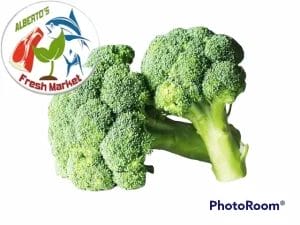
Tomatoes
Tomatoes are a nutrient-dense food that provides a good source of vitamins and minerals and contains calcium. Tomatoes are an excellent addition to any diet. They provide good vitamins A and C, potassium, magnesium, and iron. In addition, tomatoes are a great source of calcium. One cup of raw tomatoes contains 18mg of calcium, which is a significant amount for a vegetable. Adding tomatoes to your diet can help you meet your daily calcium needs and ensure that you get enough of this important mineral for optimal health. There are several ways to incorporate tomatoes into your diet. You can use them in salads, sandwiches, tacos, or as a topping for pizza. You can also use them in soups, stews, and sauces. Roasting or grilling tomatoes brings out their natural sweetness and makes them even tastier. Tomatoes can also be blended into smoothies or blended into dips and spreads. Adding tomatoes to your meals is an easy and delicious way to get more calcium into your diet.
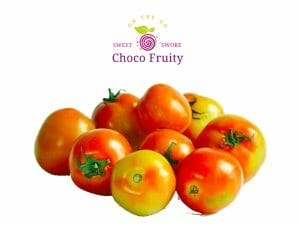
Benefits of Eating Calcium-Rich Foods
Eating calcium-rich foods is essential for maintaining healthy bones and teeth and regulating muscle function and blood pressure. Calcium is one of the most important minerals in our body, and it plays a vital role in many bodily functions. It’s no wonder that health experts recommend incorporating more calcium-rich foods into your diet to ensure you’re getting enough of this crucial nutrient.
Some examples of calcium-rich foods include dairy products like milk, yogurt, and cheese and leafy green vegetables like kale and broccoli. Additionally, fortified breakfast cereals and some types of fish are excellent calcium sources. Eating a balanced diet that includes these types of foods can help protect your overall health and well-being.
How to Incorporate Calcium-Rich Foods into Your Diet
Calcium is a crucial mineral for the human body, especially for maintaining strong bones and teeth. To ensure that your body receives enough calcium, including calcium-rich foods in your diet is essential. Incorporating these foods into your daily meals can be easy and delicious.
One of the best-known sources of calcium is dairy products like milk, cheese, and yogurt. These are rich in calcium and contain other essential vitamins and minerals. Leafy greens like kale, broccoli, collard greens, and bok choy are also excellent sources of calcium that provide a range of health benefits beyond just bone strength.
Other non-dairy options include fortified plant-based kinds of milk, such as soy or almond milk. You can also find calcium supplements if you struggle to consume enough food alone.
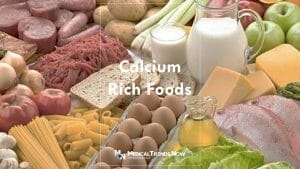
Advantages of Adding Calcium-Rich Foods to Diet
Calcium is a vital mineral that our body needs for various functions, including strengthening bones and teeth, regulating blood pressure, and aiding in muscle contractions. Therefore, incorporating calcium-rich foods into your diet can have numerous advantages. Here are some of the benefits of adding calcium-rich foods to your daily meals.
Firstly, consuming calcium-rich foods can help prevent osteoporosis, a condition that weakens bones and makes them more susceptible to fractures. Calcium helps strengthen bones by promoting the growth of bone tissue and slowing down bone loss as you age. Some excellent sources of calcium include dairy products such as milk, cheese, and yogurt; green leafy vegetables like kale or broccoli; nuts like almonds or hazelnuts; and fish such as salmon or sardines.
Secondly, consuming enough calcium can also lower the risk of developing kidney stones. This is because calcium can help increase the amount of water that is absorbed by your body and, in turn, reduce the amount of salt.
Disadvantages of Eating Too Much Calcium-Rich Foods
Calcium is an essential mineral that plays a vital role in maintaining strong bones and teeth and regulating muscle function, blood pressure, and nerve transmission. However, consuming too much calcium-rich food can also negatively affect your health. Here are some of the disadvantages of eating too much calcium-rich food.
Firstly, an excessive intake of calcium can lead to the development of kidney stones. This is because high levels of calcium in the body can cause it to be excreted through urine. When there is an excess amount of calcium that the kidneys can handle, they start depositing in the urinary tract, resulting in kidney stones. Secondly, overconsumption of calcium can lead to gastrointestinal problems such as constipation and bloating. This happens when too much-undigested calcium is in the intestines, which causes water absorption and hard stools.
Final Thoughts: Calcium-Rich Foods
These are some of the best foods that are rich in calcium. If you are looking for ways to increase your intake of this important mineral, try incorporating these foods into your diet.
In conclusion, calcium is an important nutrient that plays a role in many bodily functions. Eating foods high in calcium is one of the best ways to ensure you get your daily recommended amount. Incorporating these foods into your diet can be as simple as adding them to your meals and snacks. By making small changes, you’ll be able to enjoy the benefits of having enough calcium in your diet.
Calcium is an essential nutrient for healthy bones and teeth. It is important to ensure you get enough calcium in your diet. Adding calcium-rich foods like dairy, leafy greens, and certain beans can help you meet your dietary needs. Additionally, if needed, you can supplement with a dietary supplement to ensure you get the necessary calcium daily.

